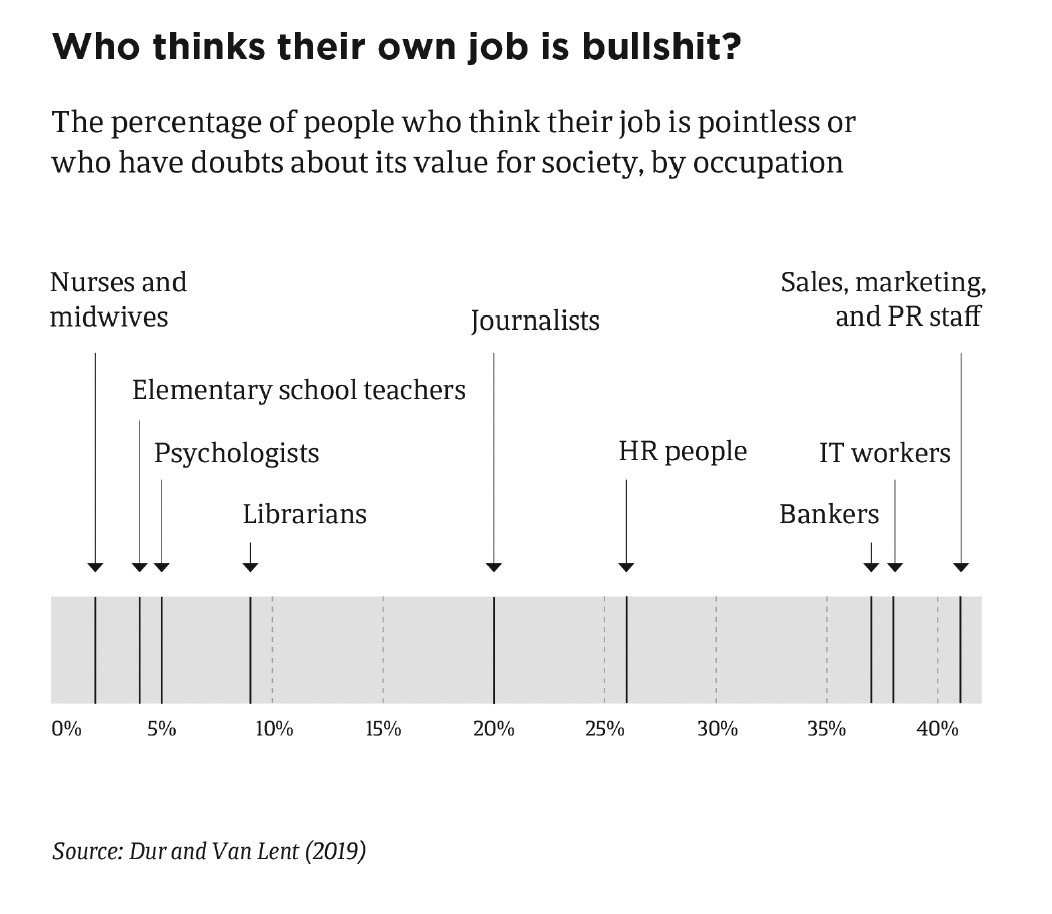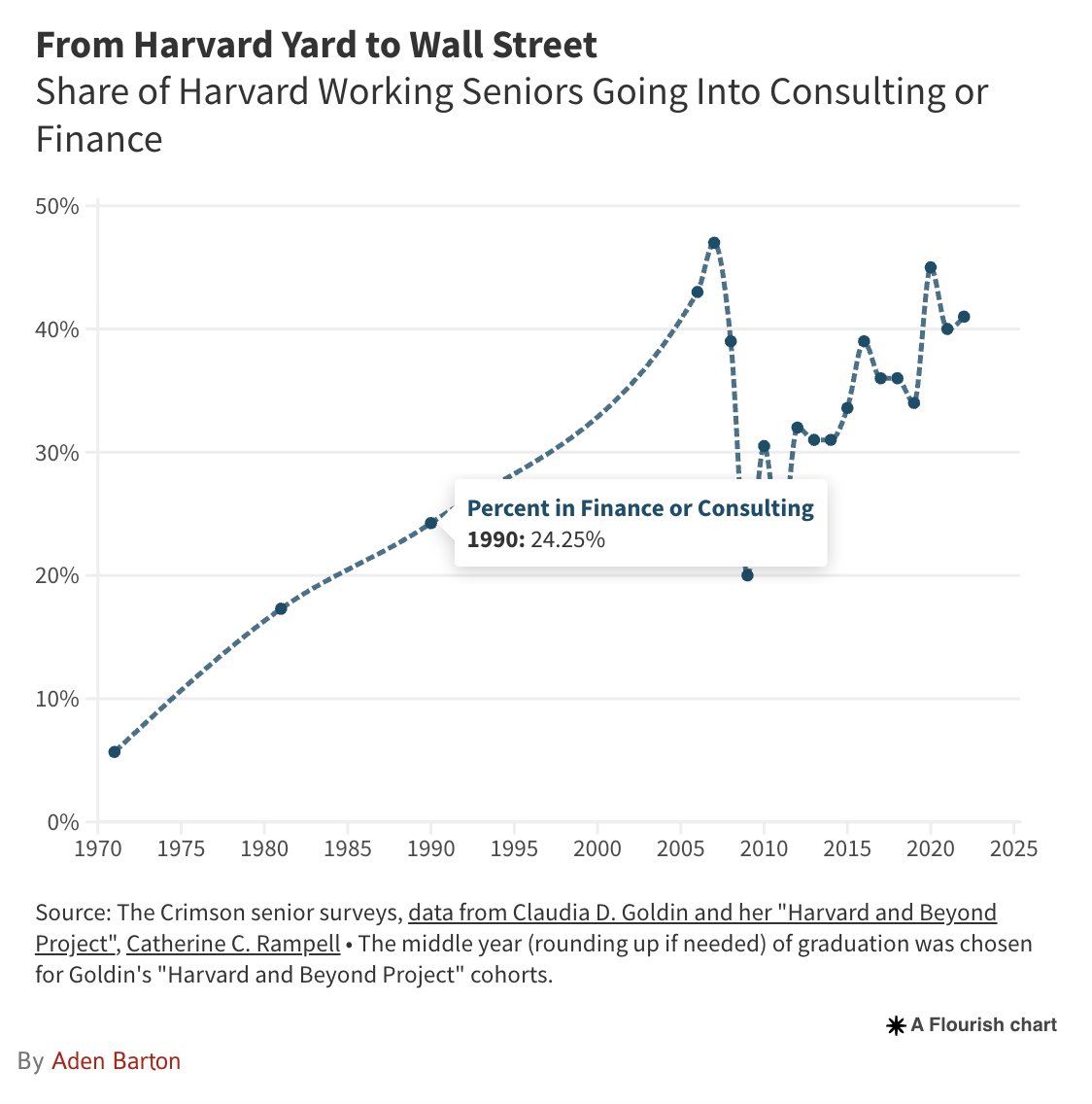1/ The home of all my journalism, @The_Corres, is celebrating one year of publishing hopeful journalism this month! If you are a founding member, it would be so great if you'd renew your membership by the end of the month via corr.es/renew-now 

2/ Here are just a few of the stories I’ve published this year:
--> A chapter that I ended up leaving out of my book, about Peter Kropotkin, the Russian prince-turned-anarchist who had a VERY dangerous idea: most people are pretty decent.
thecorrespondent.com/443/brace-your…
--> A chapter that I ended up leaving out of my book, about Peter Kropotkin, the Russian prince-turned-anarchist who had a VERY dangerous idea: most people are pretty decent.
thecorrespondent.com/443/brace-your…
3/ A few months into the pandemic, it became clear that the era of neoliberalism is over. But what comes next? I wrote that the time has come for ideas that seemed impossible just months ago:
thecorrespondent.com/466/the-neolib…
thecorrespondent.com/466/the-neolib…
4/ And I’ve also published several extracts from my book HUMANKIND, including this essay about the remedy for hatred and prejudice (hint: get to know those who are different to you).
thecorrespondent.com/668/science-sh…
thecorrespondent.com/668/science-sh…
5/ If you’re a founding member, please do renew your membership before 30 September to support ad free, independent journalism. corr.es/renew-now 

6/ If you’re not a member, but enjoyed some of these articles, become a member! Membership is pay-what-you-want, because we know that most people are pretty decent, and will pay what they can afford for independent journalism:
thecorrespondent.com/join [the end]
thecorrespondent.com/join [the end]
• • •
Missing some Tweet in this thread? You can try to
force a refresh










